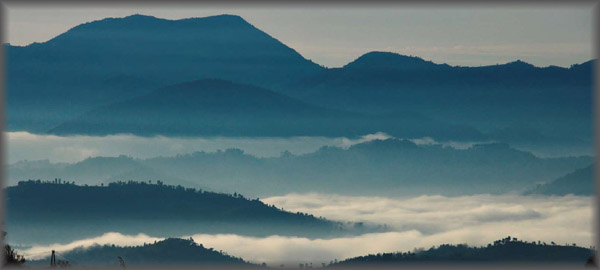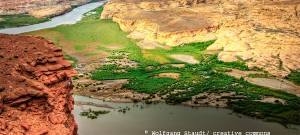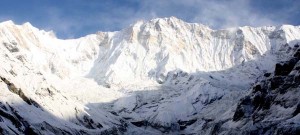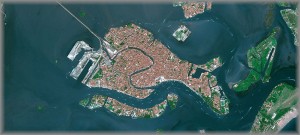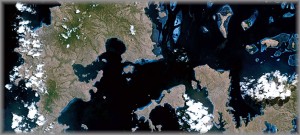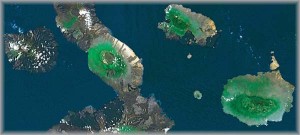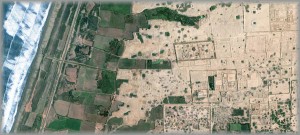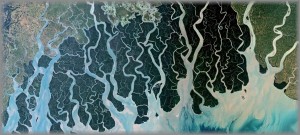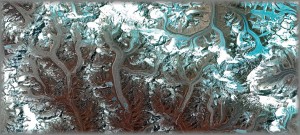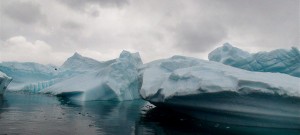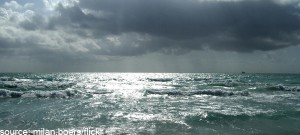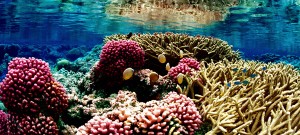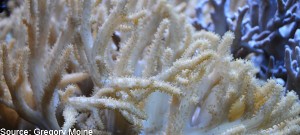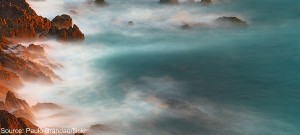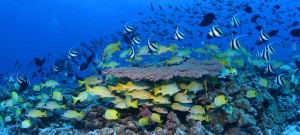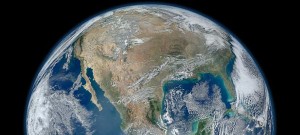Nature
Photo of the week #7
This week’s photo of the week, the Virunga Mountains in Rwanda.
Why are the world’s lakes disappearing?
As concerns are raised over the receeding Lake Urmia in Iran RTCC takes a look at some of the lakes and rivers disappearing across the world.
Climate change could make Everest summits history
Climate change and rising temperatures are changing the face of the Himalayas, making Everest unclimable and threatening the region’s farming communities says Nepal’s “Super Sherpa.”
Photo of the week #6
This week’s Rio Conventions Calendar photo features an Emperor Penguin from the Antarctic peninsula.
Video: Satellites, World Heritage Sites and Climate Change
RTCC has put together a video slideshow of all the satellite images shown as part of the UNESCO outdoor exhibition ‘Satellites and World Heritage Sites, Partners to Understand Climate Change.’
Satellite Image: Loss of Corals, Mangroves and Turtles in the Komodo National Park
Produced as part of UNESCO’s international ‘Satellites and World Heritage Sites, Partners to Understand Climate Change’ exhibition, this image is of the Komodo National Park in Indonesdia.
Tropical birds under threat from climate change
Tropical bird species living in mountains, costal forests and small areas are under threat from climate change, say researchers.
Satellite Image: Intensification of ENSO Effects in the Galapagos Islands
Produced as part of UNESCO’s international ‘Satellites and World Heritage Sites, Partners to Understand Climate Change’ exhibition, this image shows the ENSO effects in the Galapagos Islands.
Satellite Image: Threatened Earth Structures in the Chan Chan Archaeological Zone
Produced as part of UNESCO’s international ‘Satellites and World Heritage Sites, Partners to Understand Climate Change’ exhibition, this image shows the threatened earth structures in the Chan Chan Archaeological Zone in Peru.
Satellite Photo: Destruction of the Mangrove Forest of the Sundarbans
Produced as part of UNESCO’s ‘Satellites and World Heritage Sites, Partners to Understand Climate Change’ exhibition, this satellite image shows the destruction of Mangroves in the Bay of Bengal.
Climate change could trigger more volcanic eruptions, warns scientist
Volcanic eruptions, earthquakes and tsunamis could all be consequences of worsening climate change, says volcanologist, Bill McGuire.
Satellite Photo: Shrinking Glaciers on Mount Everest
Produced as part of UNESCO’s international ‘Satellites and World Heritage Sites, Partners to Understand Climate Change’ exhibition, this image shows the melting glaciers on Mount Everest.
Harmful algae thriving in warm and windy Atlantic
Warming oceans and increases in windiness could be causing the rise in harmful algal blooms in the North Atlantic Ocean and North Sea.
Branson and Gore send messages from Antarctica trip
As the Climate Reality Project expedition lands in Antarctica, Al Gore, Richard Branson and UNFCCC chief Christiana Figueres write of their first hand experiences of this isolated continent.
Comment: Why should we care about the oceans?
Oceans cover 70% of the earth’s surface, and provide 99% of the world’s living space, but mankind is slowly destroying a key source of food, the planet’s thermostat and a home to millions of species.
Oceans could be 150% more acidic by 2100
Head of UNESCO’s Intergovernmental Oceanographic Commission tells RTCC that acidification of the oceans must be recognised as a ‘critical issue and acted upon’ at Rio+20
Coral reefs could recover, but action is needed, say experts
Coral reefs could recover from the effects of climate change and over exploitation, but with over a billion people relying on the reefs for their livelihoods, locally sensitive action is required.
RTCC Q&A: Climate Change and the Oceans
RTCC takes you through the science of climate change and the oceans.
Picture Gallery: Coral Reefs – the oceans’ treasure troves
Containing 25% of marine species, coral reefs are considered to be the treasure troves of the oceans.
NASA: Latest pictures from satellite monitoring climate
NASA’s most recently launched Earth-observing satellite, Suomi NPP, has captured this spine-tingling picture from outer space.
